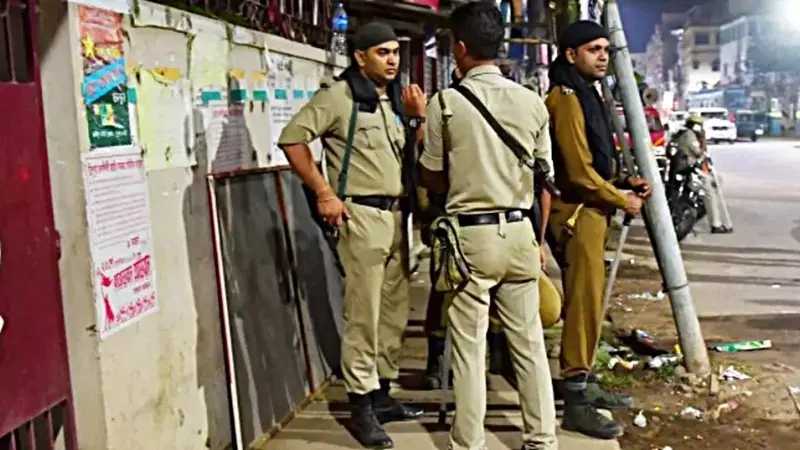
In a case that has ignited fresh debates about free speech and digital boundaries in India, a 35-year-old woman from Tripura was arrested on Tuesday for allegedly publishing what authorities describe as "obscene content" targeting Prime Minister Narendra Modi and Chief Minister Dr. Manik Saha on Facebook.
The accused, identified as Moidul Islam Laskar from Kailashahar in Unakoti district, was taken into custody following a formal complaint lodged at the Kailashahar Women's Police Station. The case has drawn significant attention to the fine line between free expression and legal boundaries in the digital space.
The Legal Framework Applied
Police officials confirmed that the arrest was made under multiple sections of Indian law, including:
- Section 67 of the Information Technology Act, 2000, which deals with publishing or transmitting obscene material in electronic form
- Section 509 of the Indian Penal Code, addressing word, gesture, or act intended to insult the modesty of a woman
- Section 500 of the IPC, concerning defamation
Police Statement and Investigation
According to law enforcement authorities, the investigation revealed that Laskar had created and shared content on the social media platform that crossed legal boundaries. "The accused had posted objectionable and obscene material targeting the Prime Minister and Chief Minister," stated a police official familiar with the case.
The digital evidence was carefully examined by cyber crime specialists before the arrest was made. Police emphasized that the action was taken based on the specific nature of the content and its potential legal violations, rather than the act of criticism itself.
Broader Implications for Digital Expression
This case emerges amid ongoing national conversations about:
- Freedom of speech in the digital age and its limitations
- Legal boundaries for political criticism on social media platforms
- Women's safety provisions in cyber space under Section 509
- Enforcement of IT laws in cases involving public figures
Legal experts note that while political criticism is protected under free speech provisions, the use of allegedly obscene content changes the legal landscape significantly. The application of Section 509, typically used to protect women's dignity, in a case involving male public figures has also drawn particular attention from legal observers.
As the case proceeds through the legal system, it is likely to set important precedents for how similar cases are handled in the future, balancing individual expression rights with legal restrictions on digital content.






